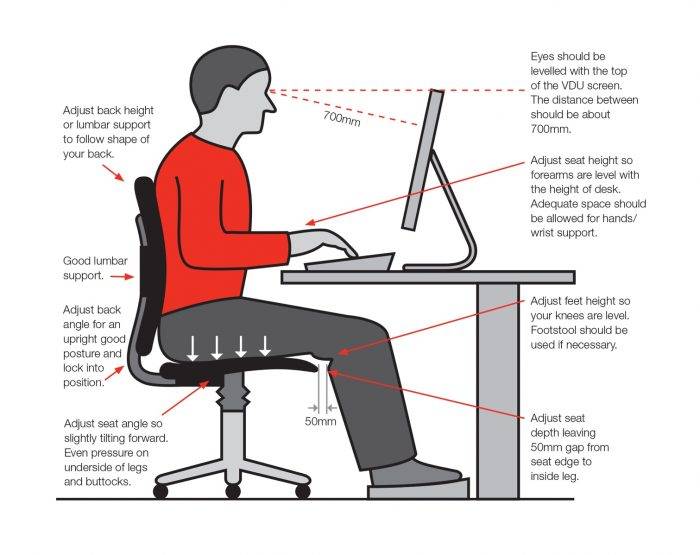To provide the best experiences, we use technologies like cookies to store and/or access device information. Consenting to these technologies will allow us to process data such as browsing behaviour or unique IDs on this site. Not consenting or withdrawing consent, may adversely affect certain features and functions.
The technical storage or access is strictly necessary for the legitimate purpose of enabling the use of a specific service explicitly requested by the subscriber or user, or for the sole purpose of carrying out the transmission of a communication over an electronic communications network.
The technical storage or access is necessary for the legitimate purpose of storing preferences that are not requested by the subscriber or user.
The technical storage or access that is used exclusively for statistical purposes.
The technical storage or access that is used exclusively for anonymous statistical purposes. Without a subpoena, voluntary compliance on the part of your Internet Service Provider, or additional records from a third party, information stored or retrieved for this purpose alone cannot usually be used to identify you.
The technical storage or access is required to create user profiles to send advertising, or to track the user on a website or across several websites for similar marketing purposes.
 The UK’s cyber threat environment is intensifying, with over three quarters (88 percent) of organisations reporting they’d experienced a cyber breach in the last 12 months. The UK Threat Report from Carbon Black also claims attacks are growing in volume and the average number of breaches has increased. The average number of breaches per organisation over the past year was 3.67 and 87 percent of organisations saw an increase in attack volumes. In addition, 89 percent of organisations say attacks have become more sophisticated.
The UK’s cyber threat environment is intensifying, with over three quarters (88 percent) of organisations reporting they’d experienced a cyber breach in the last 12 months. The UK Threat Report from Carbon Black also claims attacks are growing in volume and the average number of breaches has increased. The average number of breaches per organisation over the past year was 3.67 and 87 percent of organisations saw an increase in attack volumes. In addition, 89 percent of organisations say attacks have become more sophisticated.



































February 11, 2019
The wider debate about workplaces gives facilities managers a chance to crack the code
by Mark Eltringham • Comment, Facilities management